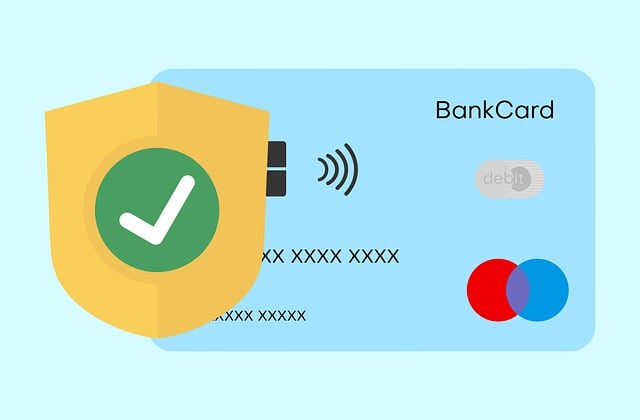Online casinos face significant challenges from payment frauds, including phishing and skimming scams, due to their digital nature, leading to financial losses, reputational damage, and emotional distress. To combat these Online Casino Biggest Scams, both operators and players must take proactive measures like implementing robust security (encrypted connections, two-factor authentication), educating users about fraud prevention, and encouraging caution when sharing personal information or clicking suspicious links. Effective strategies include advanced identity verification, encryption technology, regular security audits, and integration of reputable anti-fraud payment processors, all crucial for maintaining industry sustainability, player protection, and a secure gaming environment.
In the dynamic realm of online casinos, payment fraud poses a significant challenge. This article delves into the intricate world of financial scams specifically targeting digital gaming platforms, exploring the biggest schemes like skimming, phishing, and synthetic identity theft. We analyze the impact of these fraudulent activities on both online casinos and their players through compelling case studies. Furthermore, we present strategic solutions to fortify defenses against payment fraud in this evolving landscape.
- Understanding Online Casino Payment Frauds: Common Scams and Prevention
- The Impact of Fraud on Online Casinos and Players: Case Studies
- Strategies to Combat Payment Fraud in the Digital Gaming Space
Understanding Online Casino Payment Frauds: Common Scams and Prevention

Online casinos, despite their allure, are not immune to payment frauds—a concern for both players and operators alike. The digital nature of transactions makes them vulnerable to various scams, with criminals leveraging advanced techniques to steal sensitive information. One of the biggest scams in the online casino world involves phishing, where hackers send deceptive emails or messages impersonating casino staff, tricking users into revealing their login details or financial data. Another common tactic is skimming, where malicious software is installed on gaming platforms to steal credit card information during transactions.
To stay ahead of these Online Casino Biggest Scams, casinos employ robust security measures and educate players about fraud prevention. Using secure, encrypted connections, implementing two-factor authentication, and regularly updating antivirus software are essential steps. Players should also practice caution when sharing personal details, avoid suspicious links or emails, and report any unusual activity to the casino immediately. Additionally, keeping software up-to-date and using trusted payment methods can significantly reduce the risk of falling victim to these fraudulent schemes.
The Impact of Fraud on Online Casinos and Players: Case Studies

The online casino industry, despite its global appeal and accessibility, is not immune to fraud. The digital nature of these platforms makes them attractive targets for criminals seeking to exploit vulnerabilities. Online casinos face significant challenges in preventing and detecting fraudulent activities, which can have devastating financial impacts on both operators and players. Case studies of the biggest scams in online casinos highlight sophisticated methods used by perpetrators, such as identity theft, manipulated software, and synthetic transaction patterns designed to bypass security measures.
These fraudulent schemes not only deprive casinos of substantial revenues but also erode player trust and confidence. Players may be left with financial losses and emotional distress, especially when facing sudden account closures or unauthorized transactions. The long-term consequences for online casinos include reputational damage, increased regulatory scrutiny, and heightened security costs. Effective fraud prevention strategies are essential for the sustainability and integrity of the online casino industry, ensuring a secure gaming environment for both operators and their customers.
Strategies to Combat Payment Fraud in the Digital Gaming Space

To combat payment fraud in the digital gaming space, especially within online casinos, several strategies can significantly enhance security measures. First, implementing robust identity verification processes, such as multi-factor authentication, ensures that only legitimate users access gaming platforms. This reduces the risk of identity theft, a common method in the biggest scams targeting online casinos.
Additionally, advanced encryption technology and secure payment gateways are essential. Using encrypted connections (HTTPS) and integrating reputable payment processors with strong anti-fraud tools can detect and prevent unauthorized transactions. Regular security audits and updates to keep up with evolving fraud techniques further safeguard both platforms and players, fostering a more trustworthy digital gaming environment.
Online casino payment fraud, often centered around the biggest scams like phishing, skimming, and chargebacks, poses significant challenges for both operators and players. As seen in case studies, these fraudulent activities can lead to substantial financial losses and damage the integrity of the industry. However, with a combination of robust security measures, player education, and advanced detection systems, online casinos can effectively combat these digital gaming space frauds, ensuring a safer and more secure environment for all participants.






